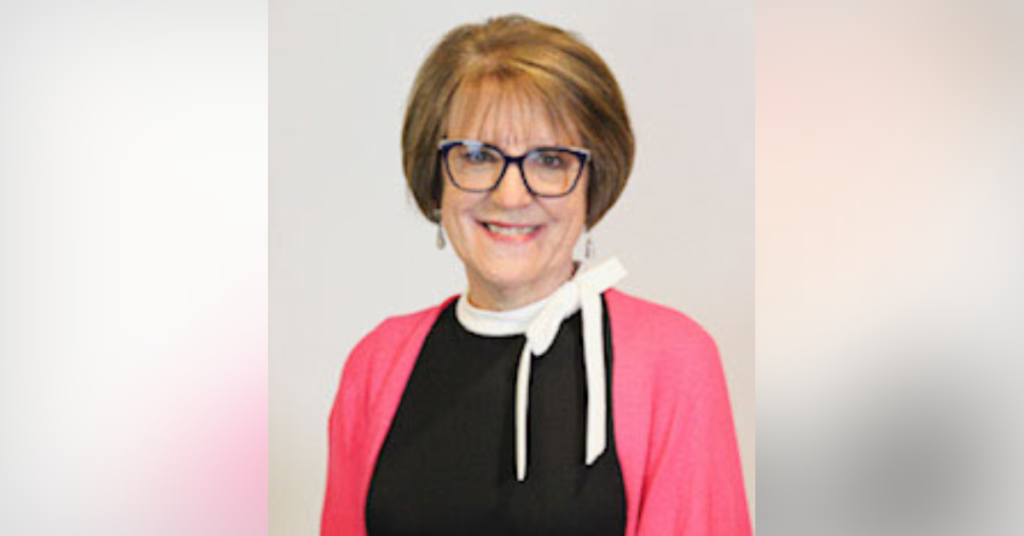
Cultivating a Mindset of Abundance
By Rhoda Blough
[A while back], I enrolled in Faith and Money Network’s online study group, “Money, Faith and You.’ Each week we had homework, and for the second week, we were asked to write a money autobiography. I have used money autobiographies in my work at Everence (a faith-based financial services organization) so I was very familiar with the concept. A money autobiography invites you to think back to your family of origin and how money was perceived in your family, as well as how money has impacted your life.
For my money autobiography, I wrote about growing up in rural Ohio in a large Mennonite family. My father was a blue-collar worker and I had a stay-at-home mom. My childhood was full of activity, from working in the large garden to helping can food. We also had chickens, a few pigs and a cow. We never were lacking when it came to food because we always had plenty to eat. My parents were very resourceful and gave us all a sense of abundance and not scarcity. My mother used her homemaking skills to dress us very nicely and when I look at pictures of our family during those years, I can’t help but think how nicely we were dressed which is a tribute to my mother’s ingenuity, because we did not have the money to buy clothes from the store — my mom made our clothes.
‘We had no idea we were poor’
I have done a money autobiography with my siblings and most would agree that we had no idea we were poor, because in reality when we think of nine children and a father who was a blue-collar worker, we really were poor. I believe my parents gave our family the gift of abundance because when I look back now and realize our lives might have been different if my parents lived out their lives with a feeling of scarcity. I am forever grateful for that gift.
So what does it mean to have a mindset of abundance, and what is a mindset of scarcity? Having an abundance mindset is a way of living, trusting that everything we truly need for us to be the people we were created to be will somehow be given. It’s a way of trusting that everything that happens to us, even the things we never would have chosen, can somehow be used for good and are a part of who we are and who we are becoming.
Whereas those with a scarcity mindset are never satisfied with what they have. They are always striving for more because there is never enough to go around — not enough resources, not enough attention, not enough love, not enough opportunities, not enough forgiveness to be forgiven and not enough acceptance to be accepted.
An abundant universe
Walter Brueggemann, a renowned biblical scholar, has been instrumental in providing guidance on the concepts of scarcity and abundance. He explains that our God has created an incredibly abundant universe, and that in this universe the world has more than enough of everything we need in order to thrive and survive. He further goes on to explain that the Bible tells us that God delights to see us trusting the God of the universe to take care of us. This abundance mindset gives us the freedom to enjoy and value all we have been given and share it freely with others.
To understand the scarcity mindset, we have to realize how money has become the god of security and provides a false assumption that it provides all we need. We have bought into the false concept that is so prevalent in our society that money will bring us happiness and fulfillment. If we do not truly believe and trust that God will meet our needs, then we will find other ways to give us that sense of security.
So how did my parents instill in us the mindset of abundance when they really did not have much financial security? We knew we were loved and that God loved us too and those expressions of love manifested themselves in our day to day lives. We always had enough, even if it meant my mom making meatloaf in order to stretch the hamburger. My parents were industrious and showed us the importance of working hard, but also enjoying God’s nature and abundance.
Learning by example
Money was not a topic we discussed, which has its pros and cons, but we knew they gave each week to the offering at church. Mom always was ready to provide food at church or for those in need. In my dad’s later years, he started an organization, Joseph’s Warehouse, at their church which through weekly giving of a special offering provides resources to people in the community who are experiencing financial difficulty. Joseph’s Warehouse continues to this day. I also remember going to church to help assemble bandages for those in war-torn countries. We made Christmas bundles and layettes to send again to other countries where the needs were great. These programs were part of a Mennonite organization called Mennonite Central Committee (MCC) which shares God and compassion for all in the name of Christ by responding to basic human needs and working for peace and justice. My parents supported MCC, and I continue to support them through a monthly gift.
My parents were not perfect, but I believe they instilled within us this gift of abundance, and I am so grateful for that legacy.
Rhoda M. Blough is a Stewardship Consultant for Everence Financial and is a key resource to congregations and individuals on stewardship issues particularly related to integrating faith values with finances. She took the Money, Faith and You study course in January 2021. Learn more about Money, Faith and You study groups.
